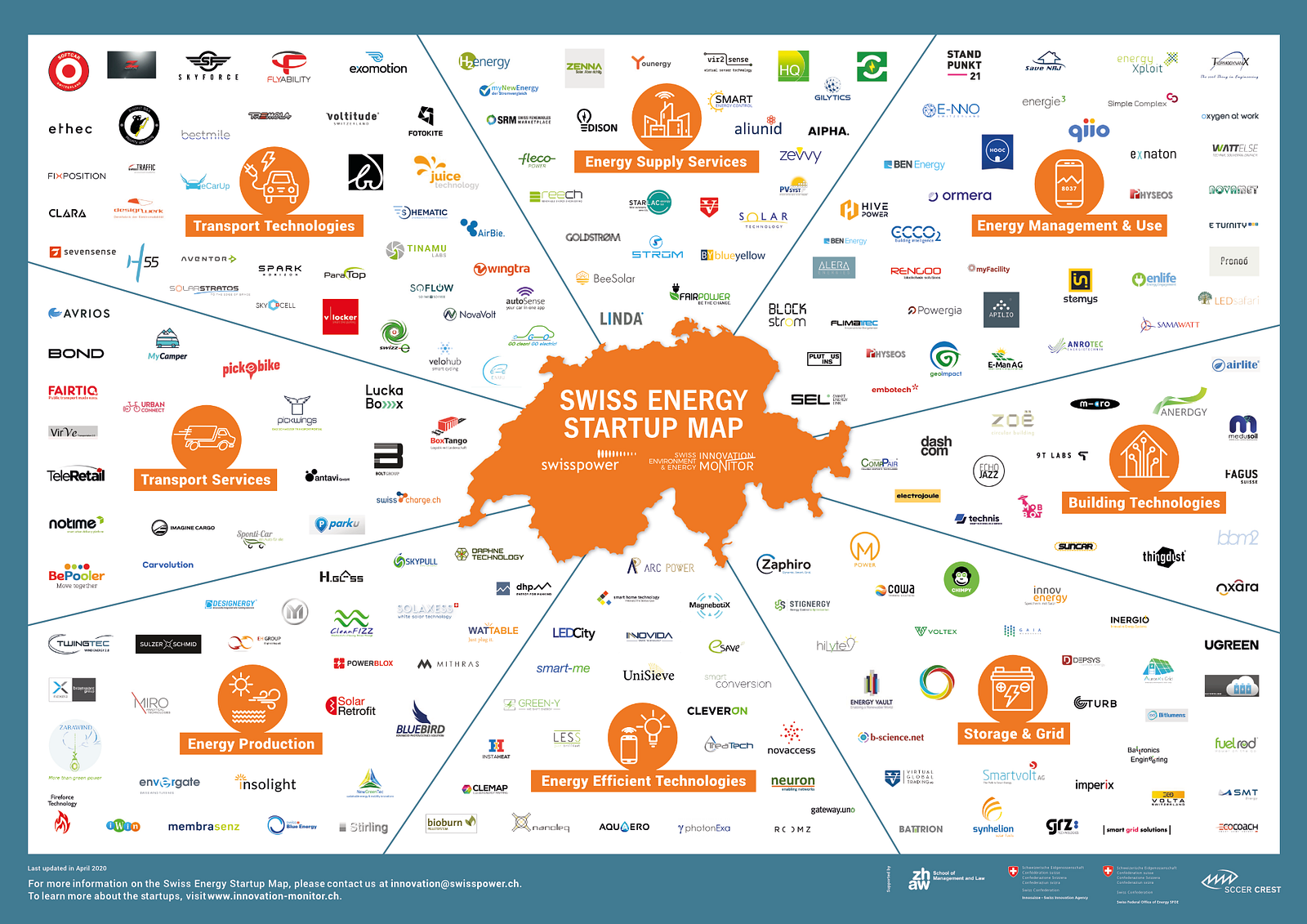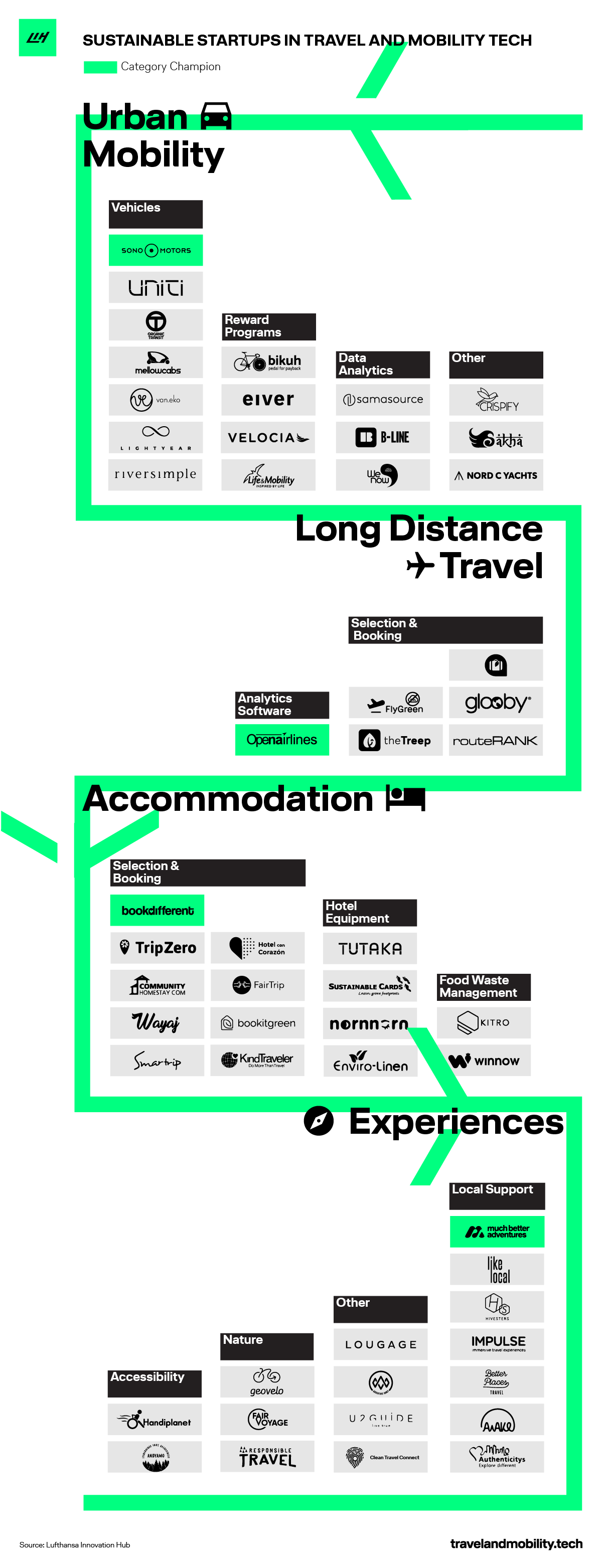Ecological and economic risks: how can an environmental startup find a balance and survive?


· 10 min read
Balancing ecological and economic risks is a challenge for environmental startups. As the importance of sustainable development and ESG (Environmental, Social, and Corporate Governance) grows globally, businesses must adapt. This article delves into the journey of eco-startups, highlighting the significance of understanding market needs, differentiating products, financial planning, and building the right team, all while navigating the evolving green landscape.
For a long time, such concepts as “innovation”, “energy efficiency”, and “digitalization” have appeared in corporate strategies, but recently the words sustainable development and ecology or, more broadly, the ESG agenda (Environmental, Social, and Corporate Governance).
But if the same energy efficiency and digitalization have long been part of everyday life, then the ESG topic is still gaining momentum. Its field is much wider, and the activity around this topic has not yet reached its peak either in terms of PR or economics.
Many large companies have now turned to the ESG agenda in general and its environmental block in particular, and it is the role of the letter E, i.e. environmental component, has been growing in recent years. This topic is becoming relevant both at the level of corporations and the state, which establishes new regulations in the field of ecology and low-carbon development.
Just a few years ago, justifying the profitability of a project in the field of ecology caused enormous difficulties. Penalties for non-compliance with certain environmental regulations were low, and large companies did not care about such amounts.
Now everything is changing significantly. The environmental agenda is becoming increasingly important at the corporate, state, and interstate levels.
Rising tariffs for the removal and deposit of waste, penalties for violation of environmental requirements, the risk of suspension of the enterprise in case of violations, and the expected introduction of a cross-border carbon adjustment mechanism, will affect exporters from several key industries, is leading to a rapid a growing number of technological solutions that pay off.
In addition, it is possible to use a risk-based approach to assessing investments, considering the likelihood of large losses in the event of an unlikely, but large-scale negative impact on the environment, and taking into account the expected losses of such a situation may also allow changing the assessment of an investment decision in the field of ecology.
Thus, direct economic calculation, with the correct consideration of all factors, already often shows the economic efficiency of the implementation of projects in the field of ecology, affecting financial performance.
A separate story is connected with the influence of ESG on the attraction of financing by the company, both equity and debt.
The attention paid by companies to environmental, social, and corporate aspects of activity is reflected in the ESG ratings published by several rating agencies.
In recent years, it has also begun to have an impact on the cost of capital, with many investors, especially institutional ones, starting to include explicit restrictions on investments in companies that do not meet ESG criteria in their policies, and the cost of debt financing may also differ for companies with different attitudes towards ESG topics.
Figure 1. Swiss example of sustainable startups

Ultimately, this can affect both the current financial performance of companies and long-term ones related to their capitalization, more and more companies in the world are beginning to understand this.
In addition, in today’s world, more and more companies want to be “green”, but what is behind this?
One of the reasons is the perception of the company by stakeholders.
The environmental friendliness of a company can influence the attitude of government agencies and local communities towards it, attracting customers and even employees. Surveys of international companies show that professionals may well refuse to work for a company that does not adhere to certain rules and regulations, either enshrined at the state level or simply consistent with modern ethics.
Customers in many countries, in turn, can also opt for a “green” competitor. Residents of the region in which a “non-environmentally friendly” enterprise is located can influence the decision of the regulator to issue licenses to the company to expand production, etc.
Thus, in a situation with a “green” reputation, it is important to understand that in the end, it can indirectly affect the efficiency of a company’s business.

Given that practical work with the environmental and partly social aspects of business is often associated with technological solutions, a new broad agenda is emerging for startups, within which many innovative solutions can be proposed.
Is it possible to say that environmental startups are vastly different from projects in other areas? More likely no than yes. These are the same technology projects that go through the usual levels of technical readiness from concept formation through the creation of an MVP and a prototype to pilot testing and a finished market product.
Clients also come to them since they have the same business models. Most of the projects in this area use B2B models, but some work with state or private clients. They face the same challenges of raising funds, protecting intellectual property, and finding clients as others.
Eco-startups differ from other projects, perhaps, in that it is sometimes more difficult for them to show their economic efficiency since it is not always obvious.
Any business depends on the customer. And he, in turn, always makes decisions based on criteria that they understand.
You can talk endlessly about environmental responsibility, the importance of caring for the environment, the approaching large-scale environmental disasters, and, in the end, about the fashion for “green”, but in the end, the customer, as a rule, bases his decisions on economic indicators.
And here the eco-startup has a rather challenging task to prove its effectiveness and the economic benefit to the client from its implementation.
Often, for this, it is fundamentally important to find the “right” person in the company who is interested in the development of environmental issues, since not always all departments of companies are sufficiently immersed in the importance of this area and can evaluate the effects of specific projects for the company.
In different companies, different departments may be interested — environmentalists, strategists, innovators, GR, and PR units. In part, this problem is confirmed by the difference in the methods of calculating ESG ratings, that is, a unified approach is only being formed in the world.
So, only in the middle of 2020, the official taxonomy of the European Union be published, which determines which projects correspond to the goals of environmentally sustainable development. Therefore, technology developers need to delve deeply into the agenda of companies, and not only in the technological and economic aspects but also in the regulatory, media, investment aspects, as well as in the company’s risk management logic.
If a startup can answer these questions, a significant part of the journey has already been covered. Often a company does not fully understand what it does, and what competitors do, or creates solutions that are not entirely applicable to real life, taking into account the technological processes that have been formed by the customer.
As mentioned earlier, it is somewhat more difficult for an eco-startup to understand what “pain” of the customer it solves. The difficulty lies in the fact that if the customer, for example, does not exceed the emission standards, it is not certain that he will accept a new environmental solution to some problem. Often you have to help the customer realize the effectiveness of a new idea.
The basic task for any startup is to study the market, understand who your competitors are (and sometimes it is not so easy, since many companies are closed), what are your advantages, and how it is desirable to quantify them.
It is important to evaluate the expected cash burn rate and have an idea of where to get money from, in what volumes, and at what stages. In the absence of financial planning, there are high risks that funds will run out at the most inopportune moment and the team will be lost, or it will not be possible to pay off the contractor.
Even at the initial stage, it is necessary to build a model for the protection of intellectual property. Patenting or maintaining a knowledge regime? If patenting, then what exactly, when, and in what markets?
If you rush to patent an idea, then you need to understand the possibilities of maintaining a patent until it goes on sale, on the other hand, there is a risk of losing priority if patenting is too late. It all depends on the risks of copying, market competition, and protection costs.
You should not miss such a factor as the people with whom you work. Assembling the right team is one of the most important parts of the road to success. The presence of only a strong scientific team is not a guarantee that the project will enter the market.
The team must be balanced, including scientists, engineers, technologists, business developers, etc. at distinct stages.
Explore all possible support mechanisms. They exist all over the world both on the part of the state and on the part of corporations. Tools can be free or in preferential terms. In the preliminary stages, such tools can give a serious impetus that will help a startup develop before an investor appears.
Therefore, in addition to the traditional three Fs (Friends, Family, Fools), we should not forget about such support mechanisms.
You can’t do without the ability to listen. Many startups form their own concept, which they are not ready to correct, even if it does not pass the test of reality.
Here it is essential to attract mentors, listen to the ideas of industry professionals, and try to understand how to use them competently for your purposes. And it is just as important to hear customers, to understand their vision, and to start launching the first pilots as soon as possible.
Future Thought Leaders is a democratic space presenting the thoughts and opinions of rising Sustainability & Energy writers, their opinions do not necessarily represent those of illuminem.
Jane Marsh

Wellbeing · Services
illuminem briefings

Sustainable Business · Services
Riad Meddeb

Consumers Green Tech · Services
Irish Independent

Sustainable Business · Carbon Removal
The Wall Street Journal

Sustainable Business · Pollution
ESG News

Carbon Market · Carbon